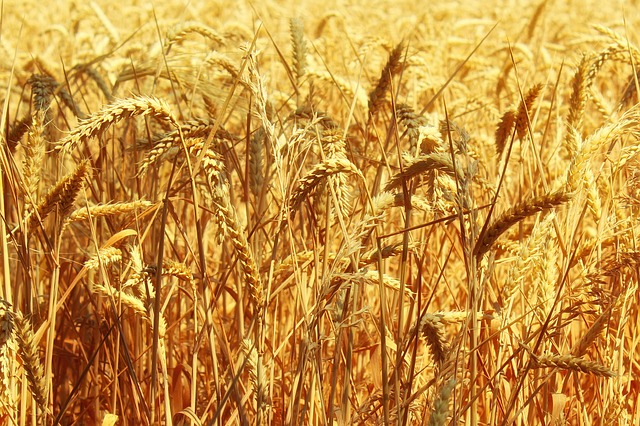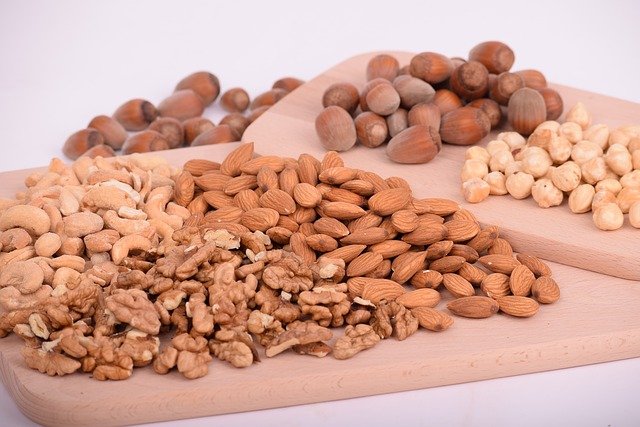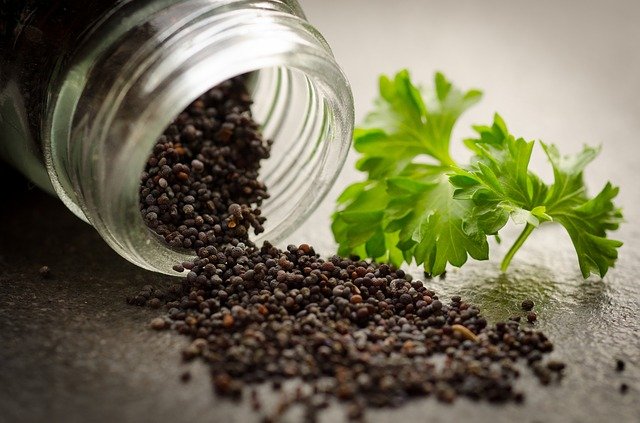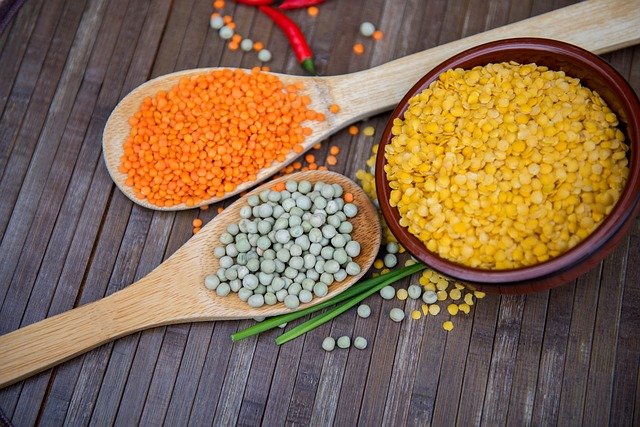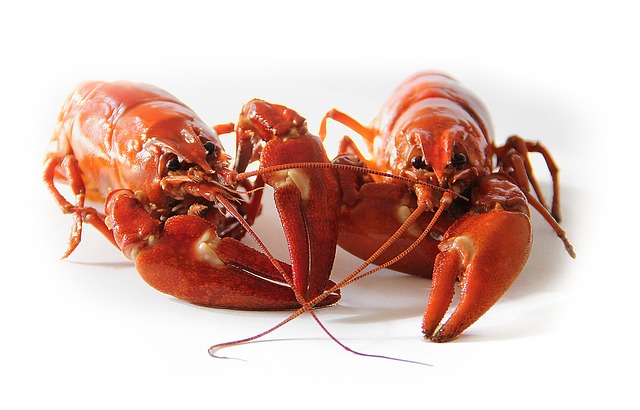10 Most Common Food Allergies You May Not Know About
8 minuteRead
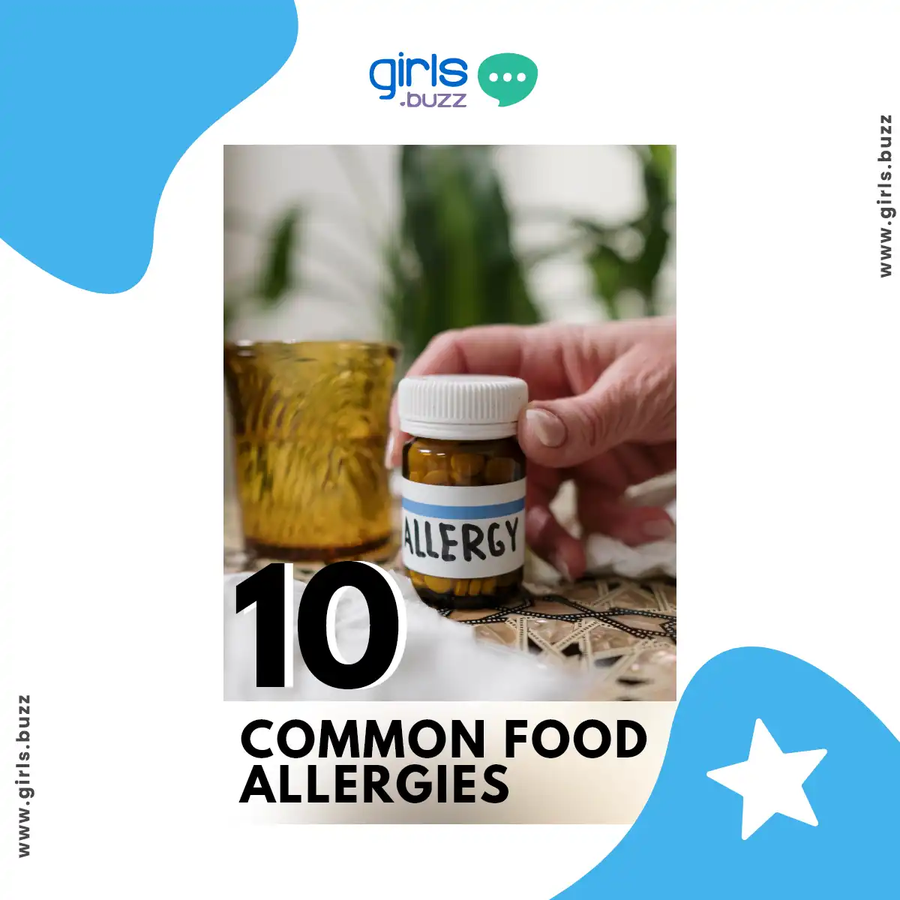
Do you ever eat something and experience an upset stomach or dysfunction in the digestive system? Yeah! Those are the types of common food allergies we are familiar with. But do you know there are about 100s of common allergies out there? I am sure there is at least one allergy you don’t really know about.
A food allergy happens when the body reacts to the proteins of a certain type of food. Your body recognizes the protein, and the system attacks, sometimes in a deadly way. FYI, 3% of Indians have food allergies, out of which about 300 to 100 die every year. Don’t believe me? This is what the author of ‘Living with Food Allergies’ has to say.
Anyway, not many of us are aware of some of the most common food allergies out there. So, just make sure you have some idea about it; here is a list of the 10 most common allergies that happen due to food.
Read on.
1. The peanut allergy
I am sure you may not know, but 3 million people in India cannot have peanuts. It's one of the most common food allergies that people deal with throughout their lives. It's so common that approximately 20% of people around the world may outgrow it.
These stats include severe as well as mild peanut sensitivity. However, it's not like they cannot have just peanuts; they would have to stay away from other legumes as well—for instance, green peas. Anyway, you need to take up food allergy testing.
But there is a relief; studies show that many of the allergic components die as you boil, fry, or roast peanuts. In fact, the peanut oil is also safe to consume, of course, after an expert's advice. This is because the manufacturing process takes out all the allergic and reactive proteins.
2. Milk allergy
Be it a small amount of milk or a variety of dairy products, people might have milk allergy which is really common. It is something most children have around the world. As far as children are concerned, around 53% of American infants are allergic to milk and dairy goods.
Milk usually contains types of protein, but there are two which are commonly known to cause allergy. These are casein and whey. Our body reacts to these protein content if our immune system is allergic to milk. How to know that? You may experience hives, vomiting, and diarrhoea.
One more thing to note, milk allergy is not what many might think is lactose intolerance. In other words, lactose intolerance is absolutely different from milk allergy. If you cannot digest milk, it is because you don’t have enough enzymes, aka lactase. Lactase is necessary to break down lactose present in milk. You can have the food substitutes in that case. So, don’t confuse the two.
3. Wheat Allergy
Pediatric study and research will show you how common this wheat allergy is. Wheat intolerance or allergy often affects kids, as 65% of kids under age 12 cannot have wheat-made food.
I was wondering how this common ingredient in every Indian household affects your immune system? Well! The main reason is Gliadin, a type of allergen protein present in wheat gluten. This is the reason why people who are fighting wheat allergies are recommended to have a gluten-free diet. You can say wheat allergy is somehow gluten allergy.
4. Allergy to tree nuts
What's a tree nut? Tree nuts are the nuts that grow out of fruits. You might know some of these, such as cashews, pistachios, walnuts, almonds, pecans, hazelnuts, and brazil nuts. How when it comes to allergies to tree nuts, these are common because of their deadly reactions.
Undoubtedly, most tree nuts are anaphylactic and become a primary reason for death among food allergies. But the thing is, it's not like you might be allergic to only one nut. If you have a tree nut allergy, chances are you cannot have other tree nuts as well. So, please consult a doctor because they might ask you to remove it from your diet entirely.
5. Sesame Allergy
Again one food allergy that is more common in kids- the allergy to sesame. According to the FDA (Food and Drug Administration), around 30% of children are likely to outgrow this allergy as they become adults.
You will be shocked to know that this allergy wasn’t considered important even in recent times. But as the awareness of food allergies grew, surveys presented how severe sesame allergy is, especially to children. Today, it is one of the commonly known food allergies.
6. Soy allergy
Allergy to soybeans? Huh! But you cannot ignore this because your kid might develop it. It's a pretty common food allergy in kids under 3 years of age.
Doctors will recommend cutting off soya-related food in your diet to avoid the reaction to 2S Albumin, a type of soy protein. However, some people prefer having refined soybean oil and other refined products that have soy lecithin. It takes out the protein, which is dangerous to the allergist.
What I recommend is to consult a doctor before taking any step regarding such consumption.
7. Allergy from Eggs
Why do most allergies happen to kids? It's because they are in their growing age, which brings many changes to their immune system. Accepting or rejecting nutrients is under their immune system’s control. That’s why foods like eggs are more common to be allergic in kids and teens.
Most kids are likely to outgrow egg sensitivity or allergy as they become adults. But there is an interesting fact. Many kids can be allergic to egg whites but not to egg yolks. Or it can be the other way. It is because both egg whites and yolks have different types of protein in them.
There is one more thing, many times, people consume cooked eggs without much issue or allergic reactions. This is because cooking eggs or using eggs in cakes or biscuits makes them soft and confuses the immune system to identify proteins. However, this is not the case with everybody. Hence, you need to consult a doctor before including these in your diet.
8. Fish allergy
Fishes are not always that amusing for people. Many of you may find a problem while or after eating fish. Chances are, this is indicating a type of fish allergy. Now here is good news, this allergy is not common amongst kids. But as you grow older, you are more likely to have a fish allergy.
Fish has this allergen protein called Parvalbumin which generally causes allergy. You need to see a doctor if you vomit or experience diarrhoea after consuming fish. This is one of those fatal allergic reactions that can kill a person instantly. This is why instant actions need to be taken.
Some people might confuse fish allergies with other seafood allergies. But the thing is, it's not the same. The reason being both have different types of proteins in them. Therefore, you can be allergic to one or more types of fish but not from those sea animals.
9. Lentil allergy
Dal or lentils are like India's staple cereal that goes into almost every Indian cuisine. Now, what if a person finds it severely allergic or deals with dizziness after having it? It is quite common in India too.
The effect of lentils can be as mild as runny nose and as fatal as asthma or anaphylaxis. However, why most Indians don’t see such severe effects is because once you cook it, it dials down a little.
When we have sprouts made with types of lentils, its uncooked legumes is what becomes toxic for the immune system. But when cooked, its legumes turn down the protein effects. But that is still not the case for everyone. So, it would help if you had an expert’s advice before any experiment.
10. The seafood allergy
Talking about shellfish, let me ask you a question- How many of you can't stand the smell of seafood? I am sure there are many. But those who consume it anyway might face some issues as well.
Shellfish sounds exotic and damn delicious. But be cautious if you experience some unusual, uncomfortable feeling. You might be allergic to some shellfish, or in many cases, all of these delicacies.
To name a few, there is:
- Shrimp allergy
- Crab allergy
- Clams allergy
- Oyster Allergy
- Lobster allergy
- Eye itching
- Itchy Mouth
- Scallops Allergy
How do you know you have a food allergy?
Most of the time, it is really simple to understand that you have a certain type of food allergy. However, you need to keep in mind what all symptoms you can predict.
Just to let you know, most of the time, these reactions take place instantly. By instant, I mean within a few seconds or minutes.
So, here are some common symptoms.
- Itchy throat or body
- swelling around the mouth, maybe even inside.
- Notably, Runny and itchy nose
- Instant stomach pain
- Breathing issues
- Nausea or vomiting
- Diarrhoea
- Skin rashes
- Anaphylaxis (deadly reaction)
- Suffocation
- Body cramps
- Confusion
- Asthma
Frequently Asked Questions
Are you born with these food allergies or develop them with time?
Some people are born with it, and many may develop these food allergies as they grow older. Kids may outgrow some food allergies when they grow up.This is the reason why food allergies are more common in children than they are in adults.
What to do when you have a food allergy?
The first step is to go to a doctor. Especially when it's about a child, you can’t just cut out any food group altogether because that might lead to deficiency. Doctors are there to determine and test the right steps to be taken during a food allergy.
Should you re-introduce these allergic foods?
You can actually start consuming food in small amounts in order to build some tolerance. But that’s all under your doctor’s supervision. If you do it on your own, it can be very serious for the person.
What’s the difference between food allergy and food intolerance?
Food allergy is directly related to our immune system. Whatever we eat, the food produces a protein to which our immune system reacts. This leads to allergic reactions. However, food intolerance is all about problems in the digestive system whenever we eat something that our body refuses to digest properly.
Also, food allergies can be deadly, but it's rare that food intolerance leads to death.
Conclusion
Food allergy is one of the most common allergies, not just in India but across the world. Now, you may notice that this happens only with foods rich in protein. It is because protein is often confused with other harmful bacteria by our immune system. However, these are not the only food allergies present. There are hundreds of others.
What to do then? All you can do is stay cautious while eating and keep yourself ready in case you have something you are allergic to. In some cases, you need to do food sensitivity tests or have the emergency allergy shot.
Stay tuned for more informative articles. Stay safe, eat healthy, and live a wholesome life.
Write, Record and Answer! Consume Unlimited Content! All you need to do is sign in and its absolutely free!
Continue with one click!!By signing up, you agree to our Terms and Conditions and Privacy Policy.






